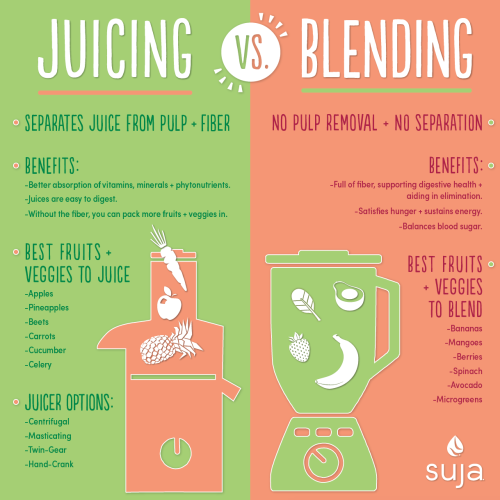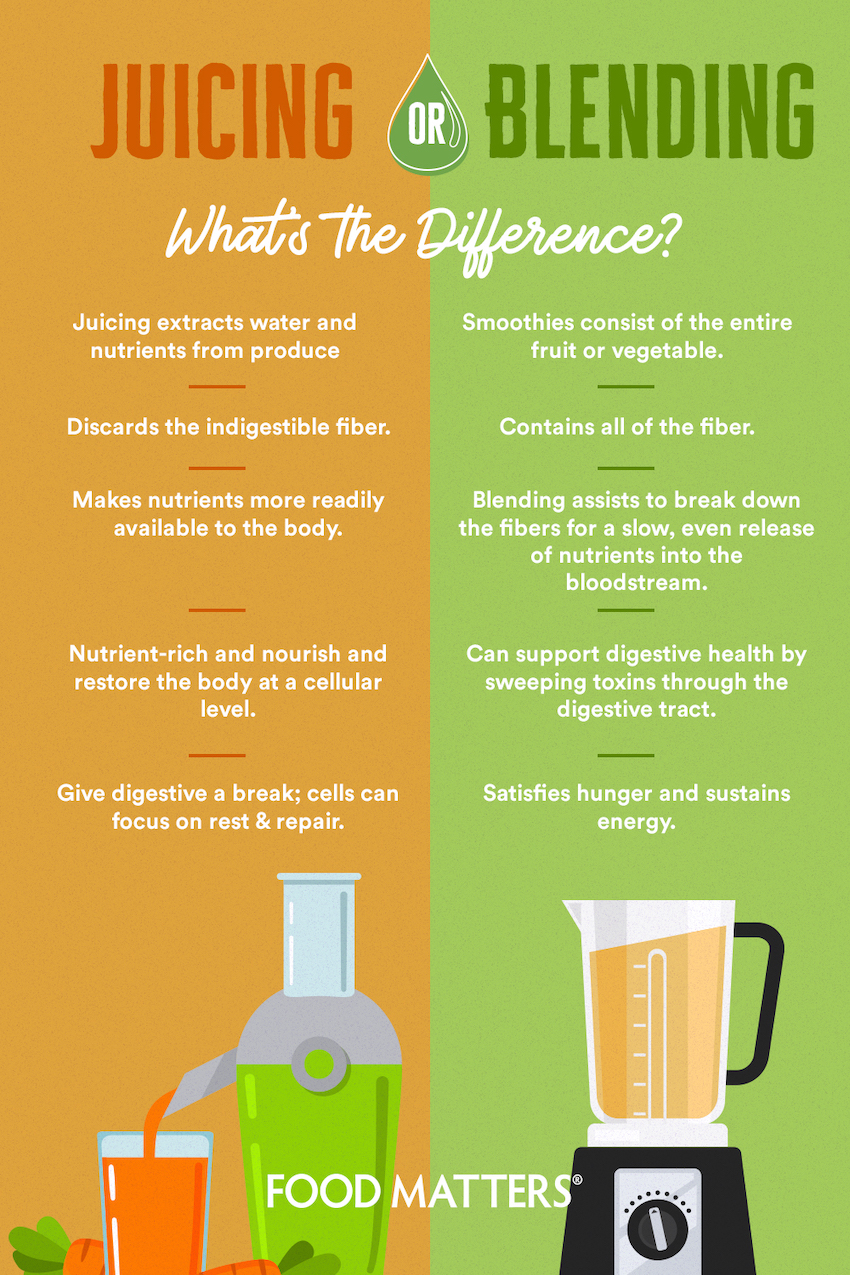If you’re looking to get more of your daily recommended servings of fruits and vegetables, you may be wondering if a juicer is a healthy way to do so. Juicing has become increasingly popular in recent years, with many people swearing by its health benefits. But is a juicer really as beneficial as some claim? In this article, we’ll take a look at the pros and cons of juicing, and whether or not a juicer is a healthy way to increase your intake of fresh fruits and vegetables.
A juicer is considered a healthy choice for those looking to add more nutrients to their diet. Juicing can help to increase your body’s intake of vitamins and minerals, as well as providing antioxidants and phytochemicals. Juicing also helps to reduce your risk of chronic diseases such as heart disease and cancer, as it encourages you to eat more fruits and vegetables. However, it is important to remember that juicing removes the fiber from the fruits and vegetables, so it is best to combine it with other healthy foods to ensure a balanced diet.
language
Is a Juicer Healthy?
Juicing has become increasingly popular in recent years, with many people believing that it is a healthier alternative to traditional diets. While it is true that juicing can be a beneficial addition to an overall healthy diet, there are some potential drawbacks to consider before making a commitment to a regular juicing routine. The following is an overview of the benefits and drawbacks of juicing, and what to keep in mind when deciding if a juicer is a healthy choice for you.
Benefits of Juicing
Juicing is often recommended for those looking to improve their health and reduce their risk for chronic disease. Juicing offers a variety of potential benefits, including:
High Nutrient Intake
Juicing can provide an excellent way to increase your daily intake of fruits and vegetables. Because the juice is concentrated, you can consume more vitamins, minerals, and other nutrients in a smaller amount of liquid than you would if you simply ate the whole fruits and vegetables.
Improved Digestion
Juice is easier to digest than whole fruits and vegetables, providing a boost to your digestive system. The fiber and other components of whole fruits and vegetables can be difficult for some people to digest, so juicing can provide an easier way to get the nutrients without the strain.
Increased Energy Levels
The high nutrient content of juice can provide an energy boost due to the presence of vitamins, minerals, and other nutrients. Additionally, juicing can be a great way to get a quick boost of energy and pick you up if you’re feeling sluggish.
Drawbacks of Juicing
While there are many potential benefits to juicing, there are also some potential drawbacks that should be taken into consideration before making a commitment to regular juicing. These include:
High Sugar Content
Since juicing removes the fiber from whole fruits and vegetables, the resulting juice can be higher in sugar than the original food. This can be a concern for those who are trying to limit their sugar intake or who have diabetes, as it can cause a sudden spike in blood sugar.
Low Fiber Content
Since the fiber is removed during the juicing process, the resulting juice is lower in fiber than the original food. This can be a concern for those who are trying to increase their fiber intake, as it can lead to digestive issues such as constipation.
High Cost
Juicers can be expensive, and the cost of buying produce to make the juice can add up quickly. Additionally, some juicers have a short lifespan and require frequent replacement.
Things to Consider when Choosing a Juicer
When choosing a juicer, there are a few things to consider to ensure that you’re getting the most out of your purchase. These include:
Type of Juicer
There are several different types of juicers on the market, from centrifugal to masticating to cold press. Depending on your needs and budget, one type may be more suitable than another.
Size of Juicer
If you’re limited on counter space, you may want to choose a smaller juicer. Additionally, some juicers are easier to clean than others, so consider how much time you’re willing to spend cleaning.
Quality of Juicer
Cheaper juicers may not last as long as higher-end models, so you may want to invest in a higher quality juicer to ensure that it lasts. Additionally, higher-end models may be more efficient and produce more juice with less waste.
Conclusion
Juicing can be a great addition to an overall healthy diet, providing a quick and easy way to get more vitamins, minerals, and nutrients into your daily routine. However, it is important to consider the potential drawbacks before making a commitment to regular juicing, such as the high sugar content and low fiber content. Additionally, it is important to choose a juicer that is right for your needs and budget, as different types of juicers may be more suitable for certain purposes.
Frequently Asked Questions
Is a Juicer Healthy?
Answer: Generally speaking, juicing can be a healthy addition to your daily diet, as it allows you to consume a wide variety of fruits and vegetables in a single, convenient drink. Juicing provides an easy way to get your recommended daily intake of vitamins and minerals, as well as other beneficial phytochemicals.
However, it’s important to be aware that not all juices are created equal. Store-bought juices often contain added sugar and preservatives, while freshly made juices may also contain large amounts of sugar depending on the ingredients used. It’s therefore important to be mindful of the sugar and calorie content of the juices you consume.
Joe Cross Discusses The Health Benefits of Juicing | Williams-Sonoma
In conclusion, a juicer is a great way to incorporate healthier choices into your lifestyle. Juicing can be an effective way to add more fresh fruits and vegetables into your diet and enjoy more nutrient-rich foods. With the right recipes and ingredients, you can create delicious and nutritious juices that provide a variety of health benefits. So, if you’re looking for an easy way to improve your health, a juicer may be the best choice for you.




